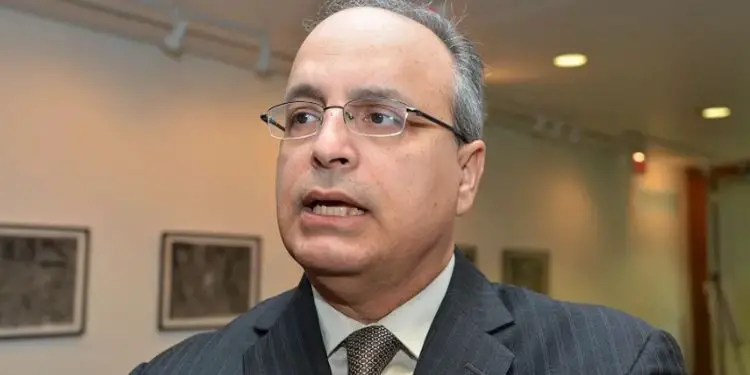“A recession in the US would necessarily translate into a slowdown, not necessarily low, but a slowdown in the collection of public revenue at the local and federal levels,” Carrillo explained during the forum. Credit Outlook 2023 of the rating firm.
If the collection goal is not reached, the federal resources received by the entities are guaranteed as programmed in the 2023 Federation Expenditure Budget (PEF), since resources from the Federative Entities Income Stabilization Fund would be used ( FEIEF), which serves to compensate for the lack of federal money, known as participations, for the states.
“In extreme cases, the resources (of the FEIEF) can even be potentiated, the income can bring some slowdown, but not necessarily a decrease,” said Carrillo.
Alert for interest rate hikes
Despite the fact that inflation is less aggressive than last year, Fitch Ratings expects interest rates around the world to continue rising, at least this 2023 and 2024.
This situation will put pressure on the states on the spending side, and may affect the variables that Fitch Ratings reviews, since more resources will be needed to pay interest on the debts that the states have.
“For this year the shares bring a growth of 11% above what was observed in 2022, while what they will have to allocate to pay interest will be greater than what the shares will grow (…) we expect the deterioration in ranges manageable and at levels of last year,” added Carrillo.
Last year the reference interest rate of the Mexican central bank went from 5.5% at the beginning of the year to 10.5% at the end of 2022.
Additionally, on the expense side, inflation can introduce volatility in the operating balances of entities, especially those with a significant level for personal expenses, because they bring inflation from last year, he explained.
Although manageable ranges are expected, the rating agency’s analysts are concerned about the limited ability of states to allocate money for investment.
Due to these factors, the states would have “little capacity to counterbalance what may come from abroad in the US, those states with better infrastructure can benefit from the nearshoring issue, but that is still early,” concluded Gerardo Carrillo.








